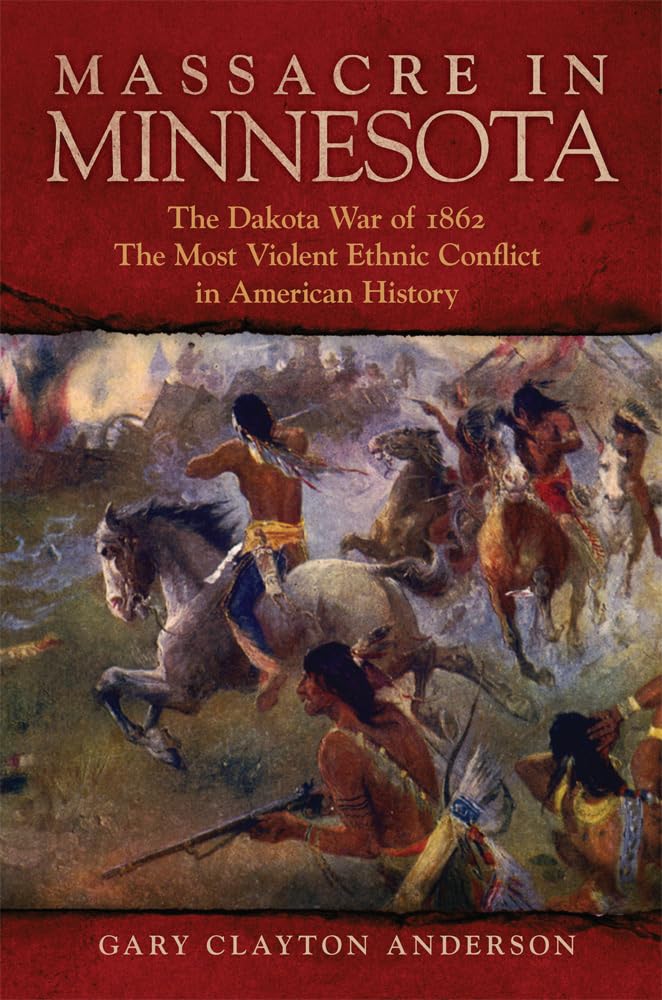Description
In August 1862 the worst massacre in U.S. history unfolded on the Minnesota prairie, launching what has come to be known as the Dakota War, the most violent ethnic conflict ever to roil the nation. When it was over, between six and seven hundred white settlers had been murdered in their homes, and thirty to forty thousand had fled the frontier of Minnesota. But the devastation was not all on one side. More than five hundred Indians, many of them women and children, perished in the aftermath of the conflict; and thirty-eight Dakota warriors were executed on one gallows, the largest mass execution ever in North America. The horror of such wholesale violence has long obscured what really happened in Minnesota in 1862—from its complicated origins to the consequences that reverberate to this day. A sweeping work of narrative history, the result of forty years’ research, Massacre in Minnesota provides the most complete account of this dark moment in U.S. history.
Focusing on key figures caught up in the conflict—Indian, American, and Franco- and Anglo-Dakota—Gary Clayton Anderson gives these long-ago events a striking immediacy, capturing the fears of the fleeing settlers, the animosity of newspaper editors and soldiers, the violent dedication of Dakota warriors, and the terrible struggles of seized women and children. Through rarely seen journal entries, newspaper accounts, and military records, integrated with biographical detail, Anderson documents the vast corruption within the Bureau of Indian Affairs, the crisis that arose as pioneers overran Indian lands, the failures of tribal leadership and institutions, and the systemic strains caused by the Civil War. Anderson also gives due attention to Indian cultural viewpoints, offering insight into the relationship between Native warfare, religion, and life after death—a nexus critical to understanding the conflict.
Ultimately, what emerges most clearly from Anderson’s account is the outsize suffering of innocents on both sides of the Dakota War—and, identified unequivocally for the first time, the role of white duplicity in bringing about this unprecedented and needless calamity.






Reviews
There are no reviews yet.